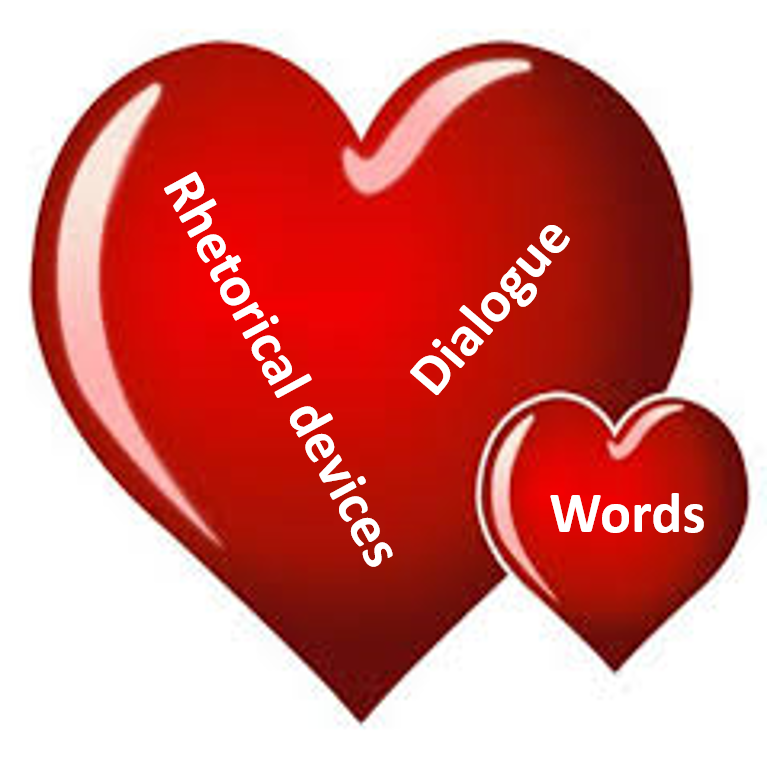Losing control – Wrath, the fifth deadly sin
The deadly sins of public speaking can completely wreck your best efforts to give a good speech. I think it’s important to be aware of them so that we can eradicate them from our speaking. Losing control is the fifth deadly sin in my series.
Losing control – the deadly sin of Wrath
Outright wrath or anger is, fortunately, rare in public speakers, unless you find yourself listening to the likes of Basil Fawlty! However, anger can show up in a number of unwanted ways.
Perhaps the most common presentation of ‘anger’ is an apology. It is not uncommon for speakers to say sorry if they make a mistake or forget to say something; mistakes or omissions that your audience probably only noticed because you drew attention to them by apologising.
Some speakers can feel irritated and unsettled if their audience isn’t behaving exactly as they expected, eg audience members whispering to a neighbour, doing something on their phone, etc. They may also be upset with the organiser if equipment malfunctions.
What can you do to keep calm?
Remember why you’re giving a speech – because you have something to say that is important to you and of value to your audience. It is not a memory test, so don’t worry about saying something differently from the way you practised it. No one knows except you! No apology required.
Don’t let technical malfunctions annoy you and waste your precious speaking energy. These things happen. By making sure you are well prepared, know your material and have rehearsed, you should be able to deliver a compelling and engaging speech without technical support. What’s more, you will have the sympathy of your audience and the gratitude of the event organisers.
If a few members of your audience seem a little distracted, remember you don’t know what they’re doing and there’s little you can do about it anyway. Getting angry is no good for you or your audience. Be patient and understanding. They might be saying they totally agree with you or tweeting about what a wonderful speech they’re listening to! Focus instead on the interested members of your audience. With your engaging delivery, the others will come back when they’re ready.





